When your company goes through a change—a shift in direction—not only do you have to adjust to what’s happening, but you also need to chart your path forward to continue growing in your career.
It’s easy to get caught up in speculation about what might happen. It’s much harder to stay focused on the future and think strategically when all the details are still uncertain.
As a Senior Career Advisor, employees often ask me:
“How do I move forward when there’s still so much ambiguity in my work environment?”
Below are tactical and practical steps to help you navigate change. These are also useful when joining a new group or company.
1️⃣ Explore and Learn
🔹 Read everything you can find on the new strategy or company direction.
🔹 Attend and listen to all meetings where strategy and business decisions are discussed.
🔹 Read front-page articles on the company website.
🔹 When possible, attend meetings in person so you can ask questions directly to leadership.
🔹 Work hard to align with the new company direction and identify where you fit within the new framework.
🔹 Ask technical leaders and managers for additional details that may not be covered in larger meetings.
2️⃣ Ask for Goals and Strategic Objectives
🔹 If company goals aren’t ready yet, keep asking until they are published.
🔹 Understand that management may need time to distill information from leadership, so objectives may not be finalized for weeks or months.
🔹 Be proactive: If you have a good idea of what needs to be done, create your own objectives and share them with your manager. Your best guess is better than nothing.
🔹 Revise and refine your objectives as more information is released.
3️⃣ Evaluate Your Work
🔹 Schedule more frequent check-ins with your manager to review your career plans.
🔹 Ask managers:
- What do they know?
- What do they not know?
- When do they expect more clarity?
🔹 Increase communication and transparency—attend more staff meetings to receive updates as soon as they become available.
🔹 Regular check-ins help you stay adaptable and informed as things evolve.
4️⃣ Network, Network, Network
🔹 Expand your connections within your area of expertise and adjacent fields.
🔹 Stay informed on changes by attending classes, tech talks, and industry events.
🔹 Make sure you understand your business group’s charter and key objectives.
5️⃣ Be a Change Agent
🔹 If you are struggling with uncertainty, explore change management resources for guidance.
🔹 Develop a growth mindset to help you move forward positively.
🔹 Surround yourself with others who are embracing change.
🔹 Talk about the future and support each other in enabling and inspiring growth.
6️⃣ Question Everything
🔹 Ensure your work is aligned with company priorities.
🔹 Make sure you are not investing time in work that should be canceled or scaled back.
🔹 Write out your job description, roles, and responsibilities to clarify where you add the most value.
7️⃣ Take Initiative—Don’t Wait for Work to Come to You
🔹 If uncertainty leaves you with less work, ask around and find projects that need help.
🔹 Many leaders say the project no one else wanted was the one that led to their next promotion.
🔹 Don’t sit idle. Take on critical but overlooked work to demonstrate value.
🔹 If assigned a mundane or boring task, turn it into a learning opportunity:
- Need more public speaking experience? Offer to report on the results.
- Want to learn a new skill? Find a way to apply it to the project.
🔹 Remember: If you are sitting around doing nothing, you may become the next target for layoffs.
8️⃣ Eliminate Non-Value-Added Work
🔹 Interview colleagues to identify outdated or redundant work associated with canceled projects.
🔹 Reduce or eliminate unnecessary tasks so you can make space for new opportunities.
🔹 Don’t strive to be indispensable—instead, focus on:
- Automation
- Process improvements
- Efficiency gains
🔹 Help reduce bureaucracy and eliminate unnecessary process steps.
9️⃣ Stop Doing the Dumbest Thing You Do
🔹 Identify unnecessary reports or tasks that no one is using.
🔹 Reduce complexity, frequency, or detail.
🔹 Test elimination carefully:
- Send the report less frequently.
- Send it with less detail if it saves time.
- Stop sending it altogether and see if anyone notices.
🔹 If no one complains, stop doing it altogether.
🔟 Keep Moving Forward
🔹 Continue working on your development plan.
🔹 Stay motivated, engaged, and proactive in creating the career you want.
🔹 Identify what motivates you—and help inspire others in the process.
What’s Your First Step?
What one action from this list will you take first? Comment below—I’d love to hear how you’re applying these strategies!
